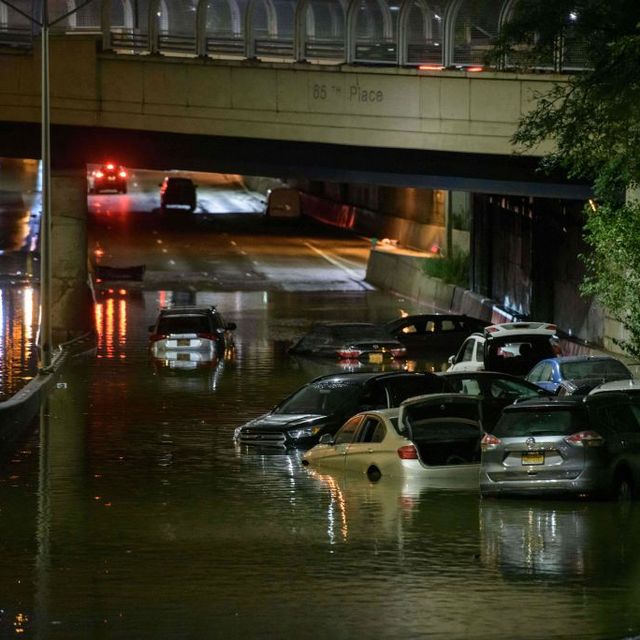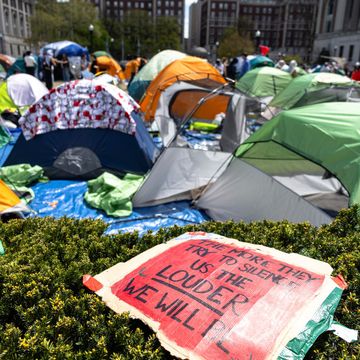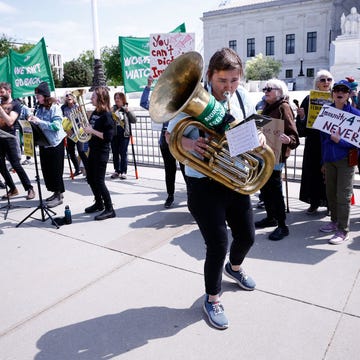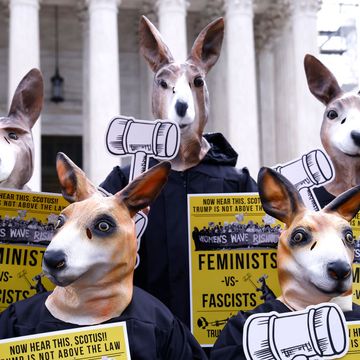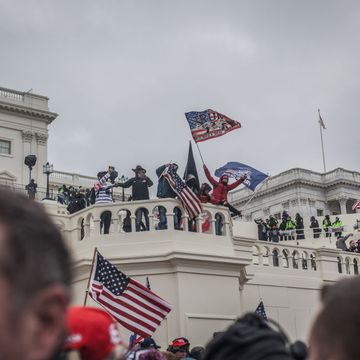Abrahm Lustgarten at ProPublica has a profoundly moving piece about the steady, and growing, phenomenon of climate migration within the United States. It will come as a surprise to approximately nobody that the country and its government are not any more prepared for this symptom of the climate crisis than they are for the crisis itself. Lustgarten, who has written a book on all this, has taken on the job of telling the stories of the people who are packing up their lives and leaving for parts unknown.
Mary Pichon Battle, a vibrant 60-year-old schoolteacher, had raised her children to travel the world. She was a living tie to Liberty Bayou’s rich history, one of the last remaining people there still fluent in the Creole language. And she’d clung to that home, even with the boot of Louisiana on her back, throughout the Civil Rights era, all while raising Colette, teaching her French and Creole, and then sending her off to Kenyon College in Ohio, and to law school at Southern University in Baton Rouge. Liberty Bayou wasn’t just an asset. It was her history, her identity. She saw no reason to leave. Colette, though, acting on instinct more than habit, was insistent. Mary would drive to her brother’s house in Breaux Bridge, just a few hours away. It would only be for a couple of days. Then she’d be back.
The water washed through buildings downtown at head height, transforming the entirety of the flat, low-lying landscape into a sea pocked only by occasional trees and obstacles jutting from the water. By the time those surging waters sloshed back into the lake, flowing south again to overcome the levees around New Orleans, the community of Liberty Bayou, for the most part, had already been destroyed. Mary Pichon Battle, who’d packed just three days’ worth of clothes and left a lifetime’s worth of belongings, had little to come home to. The house was unlivable. “It was in the water, in the ocean,” Colette recounted. “The tidal surge took it.” And much of Slidell had gone with it.
The process is already under way. As the climate crisis deepens, more people will move, trying to find respite and surcease.
Global migration experts say that what is happening in Louisiana is a textbook case of how climate-driven migration begins: First, people resist their new reality. Second, they make modest, incremental adjustments to where they live. Slidell, after all, is still within commuting distance of friends and jobs in St. Bernard Parish to the south. Third, they climb the ladder toward a safer place, rest on a rung for a while, and then continue on, only to be replaced by others worse off than they are, climbing up behind them.
As the years go on, sacrifices are going to have to be made. The only justice is to make sure they are shared evenly. We all breathe. We are all equally vulnerable to what we have wrought on our planet and ourselves. Put a rich man in Isle de Jean Charles and he’ll drown like everybody else, when the water comes again.

Charles P Pierce is the author of four books, most recently Idiot America, and has been a working journalist since 1976. He lives near Boston and has three children.
